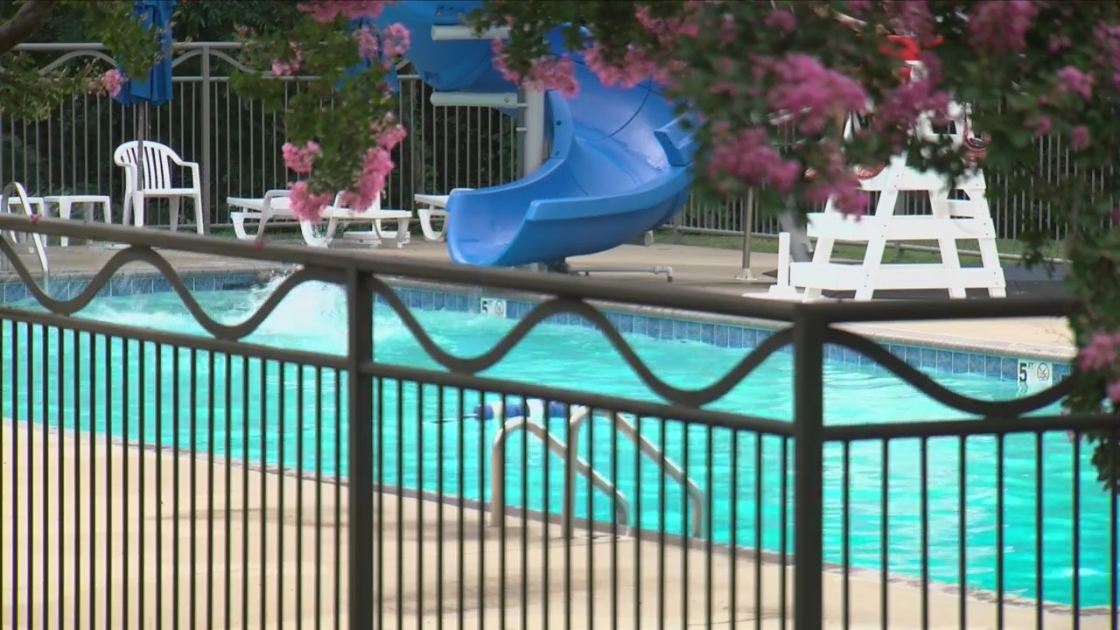Infection
Death confirmed after rare infection at Country Club of Little Rock splash pad
LITTLE ROCK, Ark. – The Arkansas Department of Health confirmed that someone has passed away from a rare infection detected in the state.
The infection is named Naegleria Fowleri which destroys brain tissue and causes your brain to swell.
KARK 4 News learned independently that the person who died was a child.
The age of the person who died has not yet been released by the Arkansas Department of Health.
Health officials reported that the victim was likely exposed to the amoeba at the Country Club of Little Rock splash pad.
The pool complex at the country club was closed down on the Sunday before Labor Day for testing of the water after an incident happened.
Samples were sent to the CDC and one of the splash pad samples had Naegleria Fowleri. The other samples that were sent to the CDC from the Country Club of Little Rock are still being tested.
This infection lives in soil and warm freshwater lakes, rivers, ponds, hot springs and also pools and splash pads that are not properly maintained.
On average, only 3 people nationwide contract Naegleria Fowleri.
The last time someone was infected with Naegleria Fowleri in Arkansas was in 2013. Her name was Kali Hardig from Benton. Miraculously she survived.
“I’m lucky to be alive,” said Kali in a press conference back in 2013 after doctors gave clearance for her to be released from the hospital.
Kali Hardig is just one of 4 people to survive from this infection.
According to the CDC, only 4 out of 157 people in the United States have survived infection from 1962 to 2022.
In 2023, Naegleria Fowleri led to the deaths of men from Florida and Texas, and also a Georgia teen.
After beating the infection in 2013, Kali from Arkansas’ advice was to “wear your nose plugs.”
The CDC included the following precautions:
• avoid jumping or diving into bodies of warm freshwater, especially during the summer.
• hold your nose shut, use nose clips, or keep your head above water when in bodies of warm
fresh water.
• avoid putting your head underwater in hot springs and other untreated geothermal waters.
• avoid digging in, or stirring up, the sediment in shallow warm fresh water.
There is only one way that it can enter your body and that’s not by mouth, not person to person, but only through your nose.

